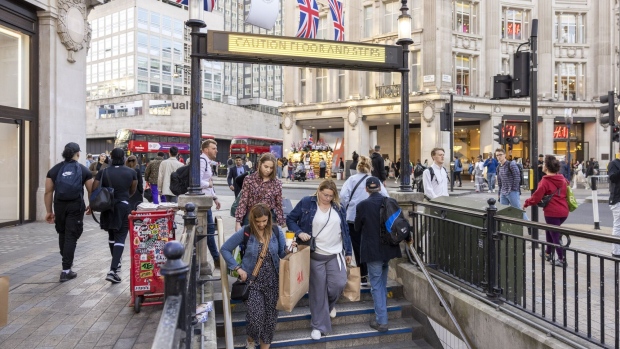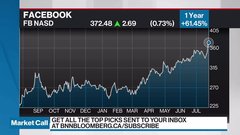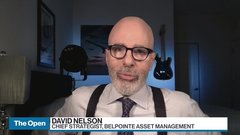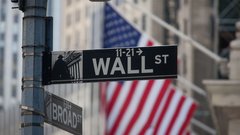20h ago
UK Retail Sales Rise Unexpectedly to Underline Resilient Economy
, Bloomberg News

(Bloomberg) -- UK retail sales rose unexpectedly in May, indicating strength in the economy that the Bank of England fears may be feeding inflation.
The volume of goods sold in stores and online rose 0.3% after a 0.5% gain the month before, the Office for National Statistics said Friday. Economists had forecast a 0.2% decline.
Warm weather boosted sales of summer clothing, and there was increased spending on fast food and takeaway meals because of the extra public holiday for the coronation of King Charles III on May 8.
“Garden centers and DIY stores saw growth, as the good weather encouraged people to start home and garden improvements,” said Heather Bovill, senior statistician at the ONS. Online stores, she said, are “doing particularly well selling outdoor goods and summer clothes, as the sun began to shine. May also saw a return to growth for fuel sales after a dip in April.”
The figures follow a report showing consumer confidence rose to a 17-month high and an index from purchasing managers indicating strong price pressures in the service sector despite a slowdown in the pace of growth.
“It is generating higher wage growth, in turn feeding through to still-elevated inflation pressures in the service sector,” said Chris Williamson, chief business economist at S&P Global. “Price gauges point to consumer price inflation remaining well above the Bank of England’s target into 2024.”
Together, the economic data published Friday suggest consumers are weathering the cost-of-living squeeze better than expected, despite elevated inflation and soaring interest rates.
“The further rebound in retail sales volumes in May suggests the recent resilience in economic activity hasn’t yet faded,” said Ruth Gregory, deputy chief UK economist at Capital Economics. “But we think it’s too soon to conclude the rebound in retail sales will be sustained and the economy will avoid a recession.”
On Thursday, the Bank of England stepped up its fight against inflation with a half-point interest rate increase to 5%. Money markets see rates hitting 6% next year, a level that could trigger a recession.
Explaining the larger-than-expected increase, BOE Governor Andrew Bailey said the “economy is much more resilient than we expected it to be” as falling energy prices have relieved the cost of living crisis for many households.
Retail sales volumes have now risen for two months running and consumer confidence is the strongest it has been in 18 months. There was an 0.3% gain in the latest three-month period. Sales will grow in the second quarter and contribute to gross domestic product unless volumes fall more than 0.6% in June, the ONS said.
For now, spending is being supported by low unemployment, falling energy prices, the extension of government subsidies for energy bills into the second quarter and a huge 10.1% increase in welfare benefits in April.
However, the resilience may prove short lived as rocketing mortgage costs pile further pressure on family budgets.
What Bloomberg Economics Says ...
“UK retail sales remain under pressure despite an uptick in May. Elevated inflation is continuing to chip away at consumer spending power. That will be compounded going forward, as the full impact of higher interest rates is yet to feed through the economy.”
—Niraj Shah, Bloomberg Economics. Click for the REACT.
“Inflation continues to cast a long shadow, and while yesterday’s interest rate rise could bring inflation down to a more comfortable level it might also lead to less disposable income for consumers,” said Aled Patchett from Lloyds Bank’s retail team. “The rate of food price increases has cooled but remains uncomfortably high, resulting in consumers becoming price-conscious.”
The impact of soaring prices was underscored in Friday’s figures. Consumers spent 17% more in May than in February 2020 as the pandemic was starting, but they took home 0.8% fewer goods.
Weak spots in the retail report included food sales, which fell as prices in supermarkets rose. Some spending shifted toward bars and restaurants.
Bovill said the ONS found “many people ordering takeaways and drinking out more during the extra bank holidays, while jewelery and art also fell back after a strong April.”
--With assistance from Elina Ganatra.
(Updates with PMIs.)
©2023 Bloomberg L.P.






